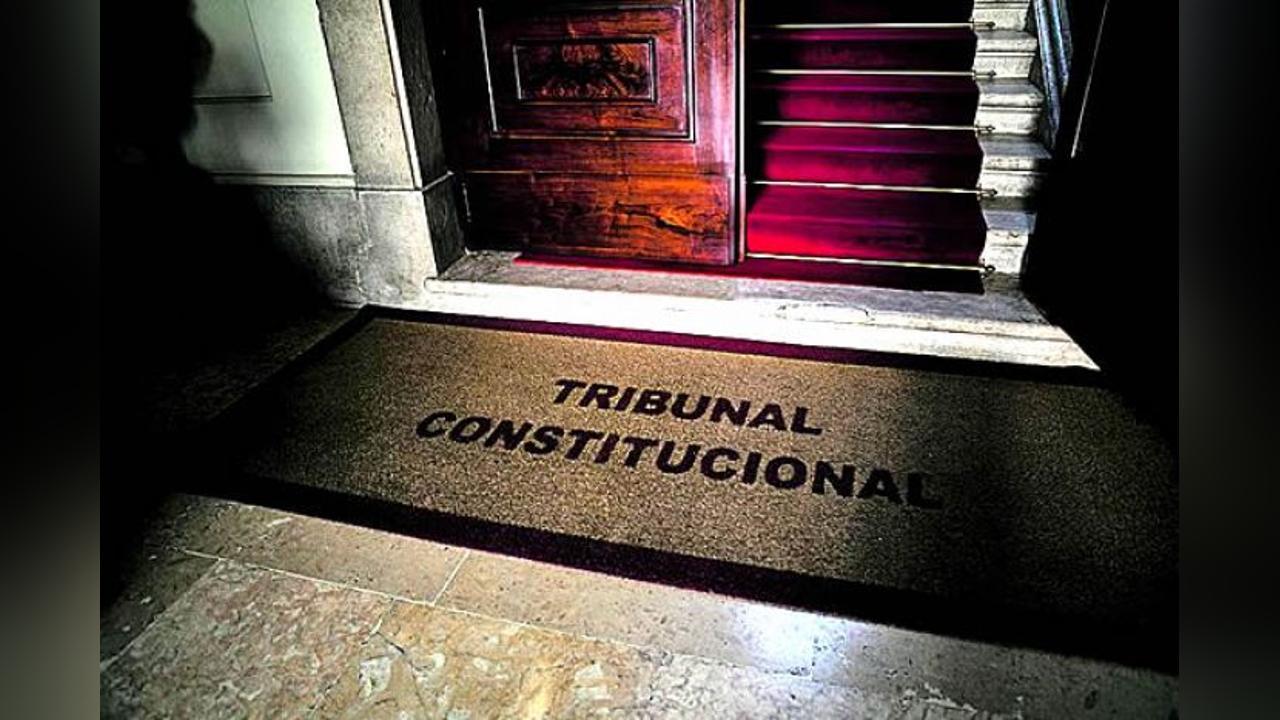Africa-Press – Angola. UNITA’s parliamentary group announced yesterday that the Constitutional Court admitted its appeal on Monday, the 21st, against the National Assembly resolution approving the new composition of the National Electoral Commission (CNE). Meanwhile, analyst Adão Pedro notes that the admission of the case could reopen the debate on the legality of the appointment of the new CNE staff.
The decision is contained in a notification dated 18 July, received by UNITA on Monday 21, and refers to process no. 1332-D/2025. According to a statement from UNITA’s parliamentary group made public this Tuesday 22, the appeal was admitted for consideration by the Plenary of the Constitutional Court, based on paragraphs 3 of article 5 and 2 of article 8 of Law no. 3/08, of 17 June (Law of Constitutional Procedure).
UNITA’s appeal essentially aims to challenge the legality and constitutionality of the National Assembly’s resolution that approved the new composition of the National Electoral Commission (CNE), whose appointment has been the target of criticism from the ‘black rooster’ for alleged lack of observance of the principles of transparency, balance and representativeness.
“This admission will allow the Court to re-evaluate the main action of the UNITA Parliamentary Group, based on the allegations presented,” the statement reads.
UNITA states that, if the appeal is granted, the country will take “another step towards consolidating the Democratic Rule of Law.”
It’s a good sign from the TC, says analyst
The admission of UNITA’s appeal to the Constitutional Court is a legal milestone of significant relevance, says constitutionalist Adão Pedro, who believes that, in practical terms, it means that the TC’s higher court recognized the existence of sufficiently plausible legal grounds to reevaluate the case, which, in itself, already represents a procedural victory for UNITA.
“Under Law No. 3/08, the admissibility of an appeal depends on the verification of formal and substantial requirements. The Constitutional Court’s decision to refer the case to the Plenary reveals that there is a matter of merit to be discussed, that is, the appeal was not summarily rejected for procedural reasons, such as untimeliness or illegitimacy,” he argues.
Furthermore, the constitutionalist adds that reopening the discussion on the composition of the CNE could have direct implications for the legitimacy and functioning of the body responsible for organizing elections in the country.
According to Adão Pedro, if the Court finds the appeal admissible, this could, for example, nullify the current resolution of the National Assembly, require a new composition of the CNE, respecting the constitutional principles of impartiality and pluralism and establish relevant jurisprudence on the limits of legislative power in the appointment of electoral bodies.
Regarding the potential political impact, the analyst suggests that a potential review of the CNE’s composition, in response to a move to hand over the seat to an opposition political force, could strengthen the credibility of the electoral system and the Constitutional Court itself. “In a country where trust in institutions is frequently questioned, if this decision is based on the legal merits of the case, it could help restore public trust and pave the way for more transparent elections,” he emphasized.
CNE Commissioners took office without UNITA and PHA
The admission of UNITA’s appeal to the Constitutional Court comes days after the controversial inauguration ceremony of the new composition of the National Electoral Commission (CNE), held on the 17th of this month, at the National Assembly.
Eleven of the 17 commissioners, all from the MPLA, PRS, and FNLA parties, were sworn in at a session marred by protests from UNITA. The commissioners appointed by UNITA did not participate in the ceremony, while the one appointed by the Humanist Party of Angola (PHA) was barred by a Constitutional order.
During the ceremony, there were shouts of “no cheating” and “shame” from UNITA, but in the end, the act was actually carried out.
According to the new composition approved by the National Assembly, the CNE should have 9 commissioners from the MPLA, 4 from UNI-TA (not integrated so far), 1 from the PRS, 1 from the FNLA and 1 from the PHA (awaiting the TC’s decision).
ANGOLA24
For More News And Analysis About Angola Follow Africa-Press






